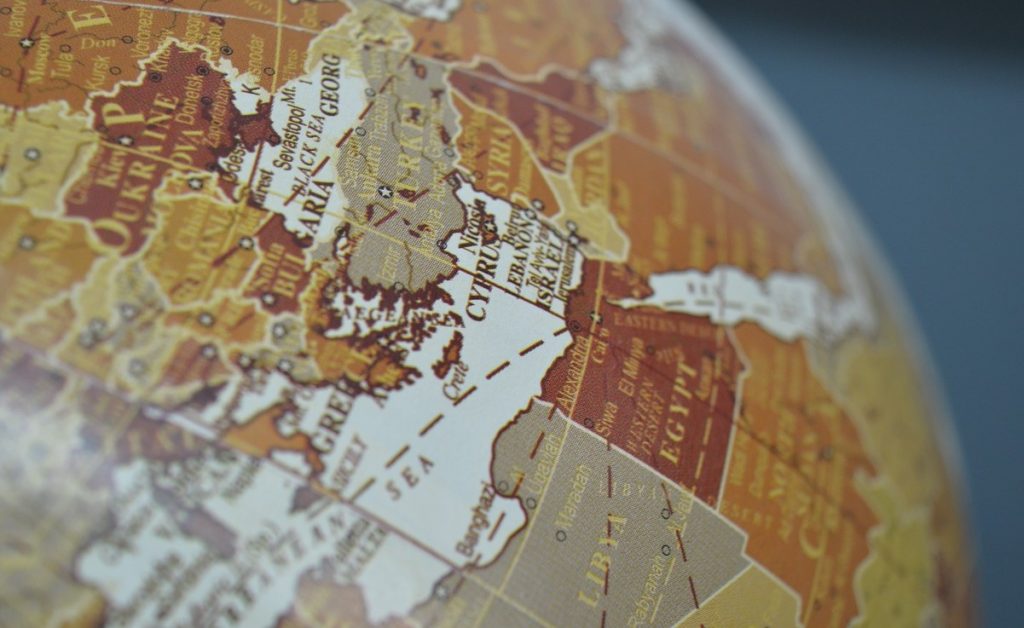
Does the Corona crisis reduce or increase the chances of a Mideast war in 2020? The Coronavirus outbreak is easing tensions on Israel’s potential war fronts, for now. But things could change later this year.
In the Gaza region, rocket and terror balloon attacks on southern Israel have stopped. This is partly the result of ongoing truce talks, but Corona fears are the main factor. Hamas sources say that the group wants to avoid military friction at this sensitive junction and will keep violence down.
Meanwhile, Iran is struggling with an escalating and deadly Corona epidemic, on top of a severe financial crisis. Tehran is likely in no mood for a military clash with Israel at this time. In Lebanon, Hezbollah is embroiled in a serious political and economic crisis that will get worse as the virus keeps spreading.
If Corona spirals out of control, it would put tremendous pressure on already fragile systems. The impact in Gaza, Iran and Lebanon could be dramatic, and possibly destabilize the local regimes.
But here is another important question: What will happen after containing the outbreak? More specifically, what if some countries emerge out of the crisis in much better shape than others?
For Israel, overcoming Corona while its enemies are badly struggling will present an acute dilemma. Normally, Israel would not rush to launch major offensives as it recovers from months of paralysis and economic shock. But strategically, the situation would offer a rare opportunity to strike hard at a time when rivals are exceptionally weak.
Will Israel Strike in Lebanon?
On Gaza, Israeli officials have spoken of the need to ultimately launch a game-changing operation (Deputy Defense Minister Avi Dichter has been the most explicit, saying that it could take months). The temptation to attack while Hamas is down would be high, but Israel will hesitate if the security situation remains calm.
[Another point of view is that the time to hit Gaza is now, while schools and businesses are shut down (as will happen anyway in case of war and heavy missile barrages). There is some logic to this, but Israel is unlikely to risk a war at this time of uncertainty. Still, recent Arab reports say that terror groups in Gaza are on high alert for surprise attacks]
The bigger questions pertain to the northern front. In Lebanon, Israel is deeply concerned about Hezbollah efforts to produce precise missiles, and generally about the group’s massive arsenal. Talk of a preemptive strike has been in the air, and could be on the table if Hezbollah and Lebanon are drastically weaker.
As to Iran, Israel has been relentless in countering it in Syria, and is showing signs of boosting the pressure. But further deterioration in Iran’s situation due to the Corona impact could encourage the IDF to launch an all-out offensive.
[In an extreme scenario, a gravely weakened Iran will be more vulnerable to a strike on its nuclear facilities. This would be a last resort normally, but as noted above, strategically speaking Israel may never have a more optimal window of opportunity to act]
We still don’t know the full effect of the Coronavirus, so any assessments only offer an initial perspective. However, this mega-crisis could very well threaten some regimes, alter the balance of power among key regional players, and ultimately shake up the Middle East.


